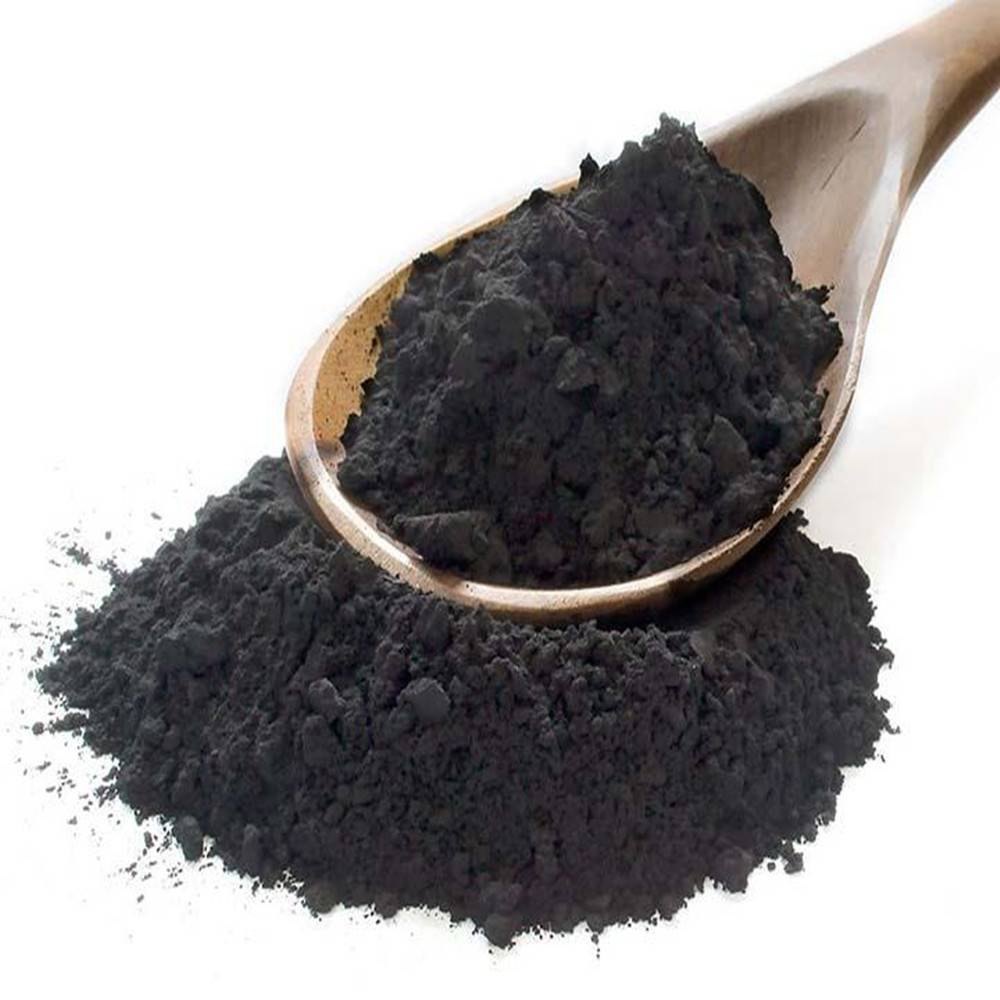Coconut powder charcoal, also known as activated coconut charcoal or coconut shell charcoal, is a form of charcoal that is derived from coconut shells. It undergoes a process called activation, which makes it highly porous and enhances its adsorption properties.
Production Process:
Once the carbonization process is complete, the carbonized coconut shells are crushed into smaller pieces using crushers or grinders. The purpose of this step is to break down the shells into a more manageable size for further processing.
The crushed coconut shell pieces are then activated to increase their adsorption properties. Activation can be done through one of the following methods:
1. Steam Activation: The crushed coconut shells are exposed to high temperatures (800-900°C) with steam. The steam reacts with the carbon surface, creating tiny pores that enhance its adsorption capacity.
2. Chemical Activation: Instead of steam, chemicals like phosphoric acid or potassium hydroxide are used to activate the coconut charcoal. The chemical agents react with the carbon, creating porosity and increasing its surface area.
After activation, the coconut charcoal powder is thoroughly washed to remove any residual impurities or chemicals. It is then dried to reduce its moisture content. This step ensures the cleanliness and purity of the final product.
The dried coconut charcoal powder is often sieved or milled to achieve the desired particle size. The powder can be classified into different grades based on its particle size distribution. Finally, it is packaged and prepared for distribution and use in various industries.
It's important to note that the exact process may vary depending on the specific production setup and equipment used by manufacturers. However, these general steps give an overview of the coconut charcoal powder-making process.
Applications:
Coconut powder charcoal has numerous applications due to its adsorption capabilities and other properties. Some common uses include:
1. Water filtration: It is used in water filters to remove impurities, chemicals, and odors.
2. Air purification: Coconut powder charcoal can be found in air purifiers and deodorizers, helping to absorb unpleasant odors and pollutants.
3. Health and beauty products: It is often used in face masks, toothpaste, and skin care products due to its ability to draw out impurities and toxins from the skin.
4. Digestive health: Activated coconut charcoal is sometimes used as a natural remedy for digestive issues, as it may help alleviate gas and bloating by adsorbing toxins and unwanted substances in the gut.
5. Environmental cleanup: Coconut powder charcoal can be utilized in soil remediation projects to absorb pollutants and chemicals from contaminated soil.
Goods Specification:

Coconut powder charcoal
Ash: 10-20%
pH: 7-10
Packing: Packing by Jumbo bag or on request.
Delivery Terms: FOB/CIF
Payment Terms: TTR/LC


